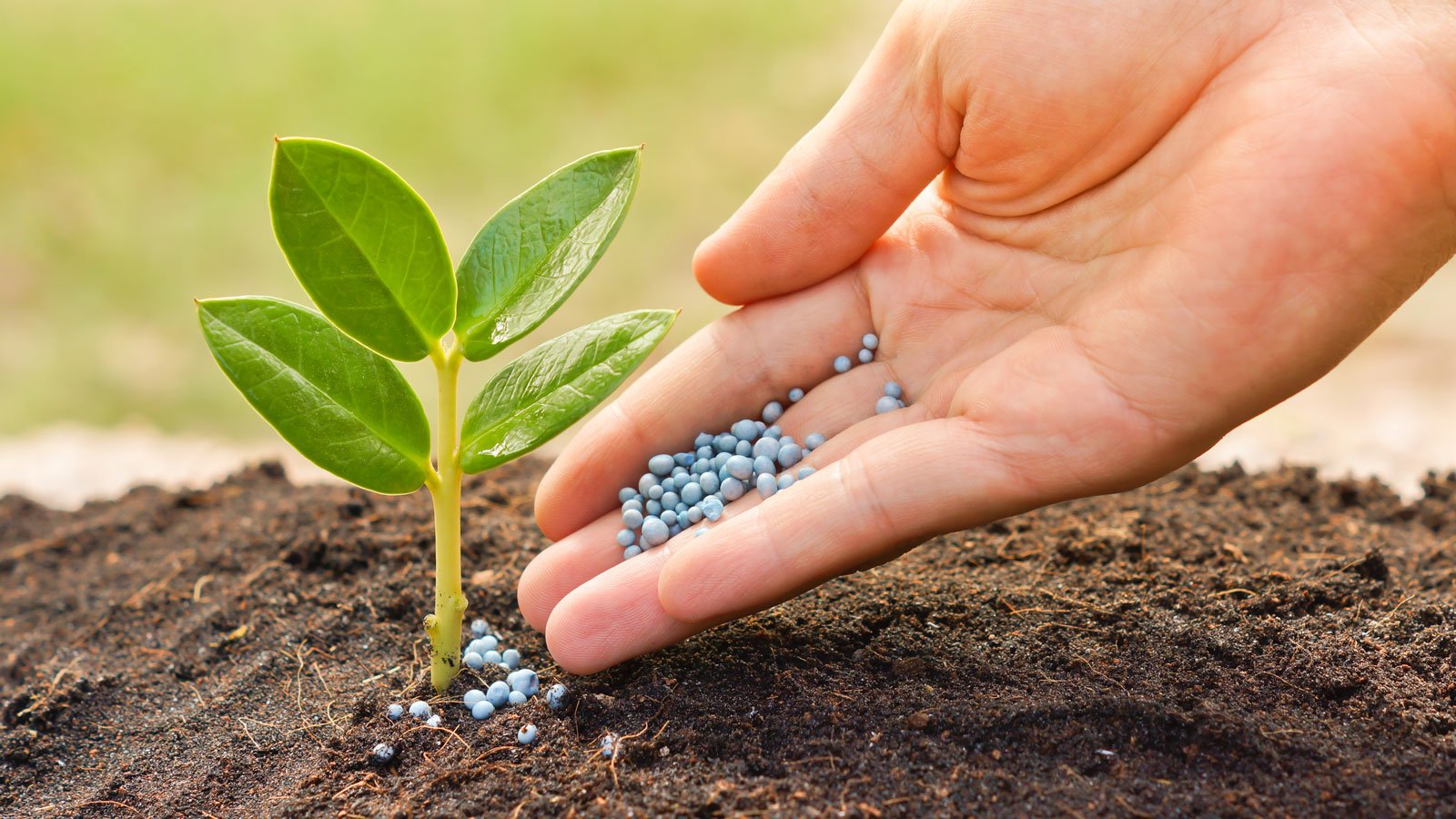Monday, 13 October 2025

Volume growth of complex fertilisers in India is expected to slow to 2-4 per cent in FY26, down from 9 per cent last year, as supply constraints, geopolitical tensions, and high-base effects weigh on the sector, according to a report by Crisil Ratings. The report noted that disruptions in imports, particularly of Di-ammonium phosphate (DAP), have driven up raw material costs, potentially increasing subsidy requirements. Nevertheless, credit profiles of manufacturers are expected to remain stable, supported by steady profitability, anticipated additional subsidy allocations, and their timely disbursement.
Complex fertilisers account for roughly one-third of domestic fertiliser consumption, with NPK grades making up 55 per cent and DAP the remainder. While NPK production is largely domestic, around 60 per cent of DAP demand is met through imports, making the sector sensitive to global supply fluctuations. In FY25, geopolitical uncertainties—including export curbs by China, a key supplier accounting for one-third of India’s imports—led to steep increases in DAP prices, making imports less viable. Domestic manufacturers responded by prioritising NPK production, which is fungible with DAP output, resulting in a 28 per cent increase in NPK volumes while DAP volumes fell 12 per cent year-on-year.
Looking ahead, Crisil expects NPK volumes to grow 4-6 per cent this fiscal, supported by a good monsoon, while DAP volumes are likely to remain flat due to elevated prices, though availability is expected to improve. Measures such as additional government compensation for DAP imports, long-term agreements with Saudi Arabia, and easing trade tensions with China are anticipated to stabilize supply. Crisil Ratings Director Anand Kulkarni noted that NPK demand is likely to normalize as DAP shortages reverse with increased availability.
Raw material costs for both NPK and DAP have risen significantly due to import dependence. However, healthy NPK demand, combined with good kharif sowing and subsidy support, has allowed manufacturers to pass on costs while maintaining margins. Additional government subsidies for DAP have further ensured profitability remains in line with last fiscal, with EBITDA projected at Rs 4,800 per tonne. Manufacturers are also integrating backwards to maintain stable earnings.
Crisil Ratings Associate Director Nitin Bansal highlighted that while there may be a subsidy shortfall of Rs 8,000-10,000 crore against the initial allocation of Rs 49,000 crore for complex fertilisers, incremental allocations by the government are expected to support working capital needs and credit profiles of manufacturers throughout the fiscal.